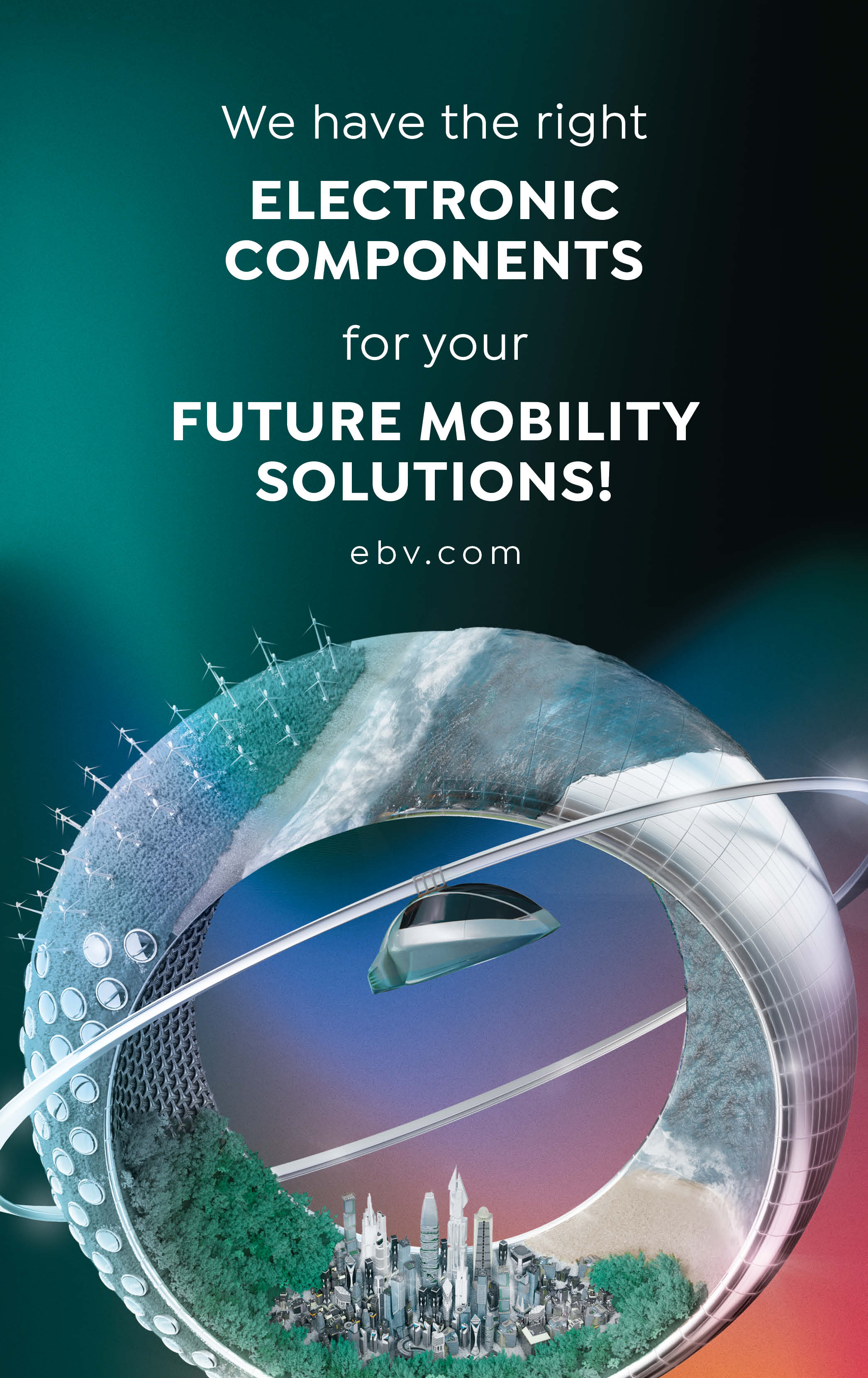Whether it’s shared mobility apps, people movers or spaceplanes – start-ups are driving huge changes in the mobility sector. The following six companies are doing some very exciting things and are great examples of a pioneering spirit.
Hydrogen-powered shuttle car
Auve Tech has developed the world’s first autonomous hydrogen-powered shuttle together with the University of Tartu. The vehicle is powered by low-temperature fuel cells which generate energy from hydrogen directly inside the shuttle itself. It offers space for up to six passengers and is primarily intended to improve last-mile logistics.
One app for everything
Cogo is the leading shared mobility aggregator in Europe. With the Cogo app, users can search for electric scooters, bikes, cars and mopeds, compare prices and find the best option for their trip. The app includes the services of more than 250 shared mobility operators and can currently be used in over 700 cities across the globe. The app is free to use and can be downloaded for both iOS and Android devices.
5,000 miles in just one hour
Venus Aerospace is planning to develop a hypersonic plane that will fly at the edge of the Earth’s atmosphere and achieve speeds of Mach 9. The company is focussing on three core technologies to achieve this: a next-generation rocket engine, an innovative aircraft shape and a state-of-the-art cooling system which will enable the spaceplane to take off from existing spaceports and use existing infrastructure.
Deliveries to your balcony
Jedsy has developed a delivery drone that operates from a take-off and landing ramp equipped with a charging station. This “mailbox” can be installed underneath a window or balcony. The drone charges fully automatically when it is docked at the mailbox, meaning it is always ready for its next flight. The drone is shaped like a small glider, can travel at speeds of up to 200 kilometres per hour and carry loads weighing up to three kilogrammes.
Logistics concept based on a family of ducks
The “Ducktrain” is a logistics concept designed for urban areas. It consists of up to five “Ducks” – automated electric light-duty vehicles that are digitally coupled to a leading object, for example a pedestrian, cyclist or cargo bike. This enables an entire train of light-duty vehicles to be formed if required. Once it reaches the delivery zone, the Ducktrain splits up for the final few metres, with individual Ducks bringing parcels to each building’s door.
Efficient, zero-emission boats
NepTech’s passenger and cargo boats are powered by hydrogen fuel cells. The boats have been designed around the propulsion system and they require much less energy thanks to the use of various technologies for reducing hydrodynamic resistance. The boats are catamarans measuring 10 to 30 metres long and can carry up to 200 passengers or 20 tonnes of cargo.



